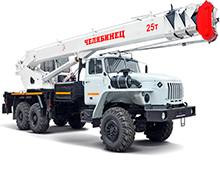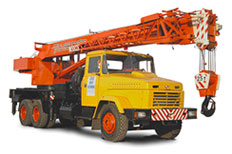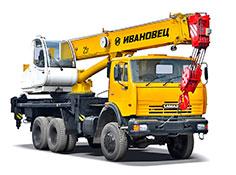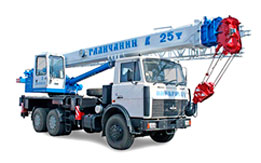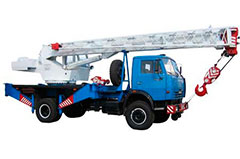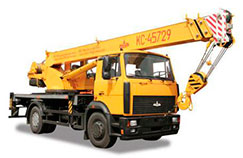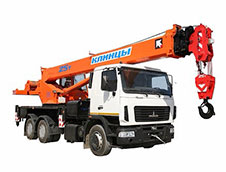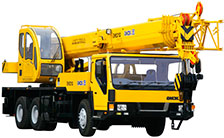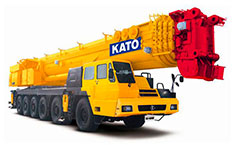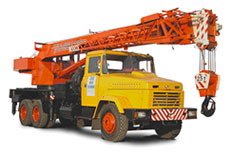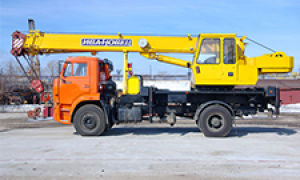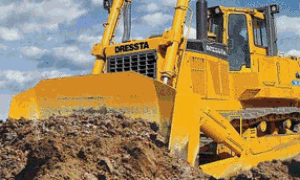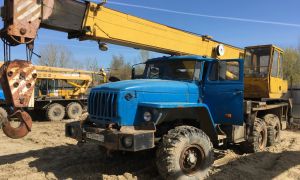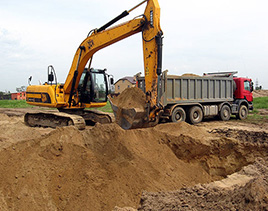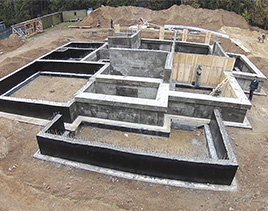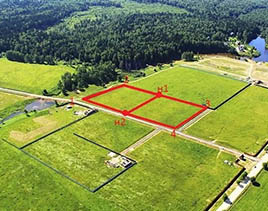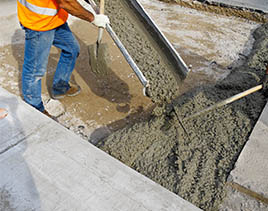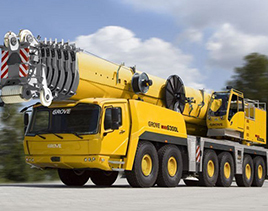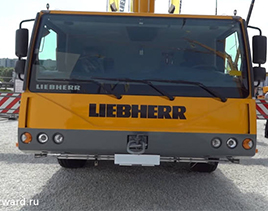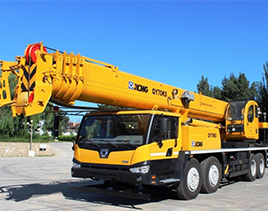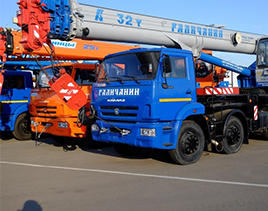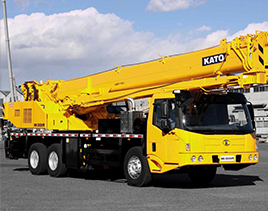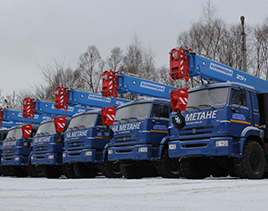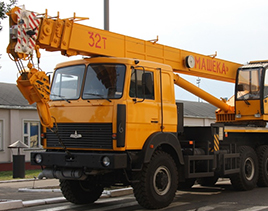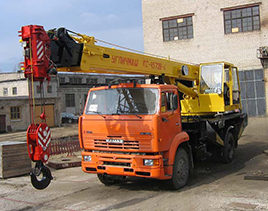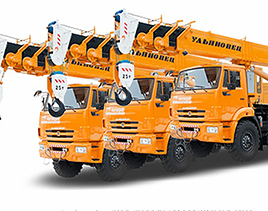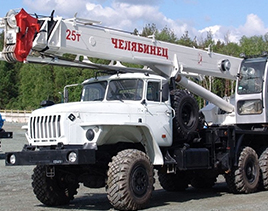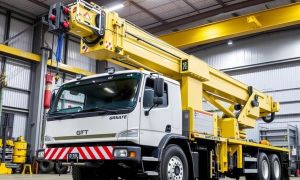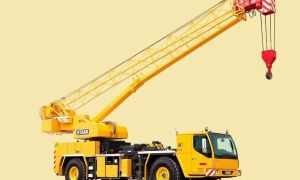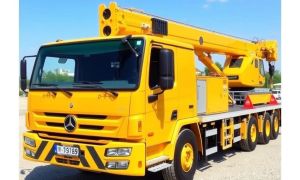Have you ever watched a massive crane effortlessly lifting heavy loads at a construction site and wondered what it takes to operate such a powerful machine? Becoming a certified mobile crane operator is an exciting career path that combines skill, precision, and responsibility. If you’re interested in pursuing this profession, you’ve come to the right place. This comprehensive guide will walk you through every step involved in becoming a certified mobile crane operator, from the initial training to the certification process and beyond. Whether you’re just starting or looking to advance your career, understanding these key elements can help you reach your goal effectively.
What Does a Mobile Crane Operator Do?
Before diving into how to become a certified mobile crane operator, it’s important to understand the role itself. A mobile crane operator maneuvers cranes to lift, move, and place heavy materials in construction, manufacturing, shipping, and more. These professionals must have excellent coordination, spatial awareness, and safety knowledge because operating cranes involves significant risks if done improperly.
Mobile cranes are versatile machines mounted on trucks or crawlers, which means they can be driven from one place to another, making them essential for projects that require mobility. Operators need to read blueprints, understand load charts, communicate effectively with ground personnel, and follow safety procedures.
Why Get Certified as a Mobile Crane Operator?
Certification is a credential that validates your skills and knowledge in operating mobile cranes safely and efficiently. Many employers prefer or require certified operators to reduce workplace accidents and comply with legal regulations. Being a certified mobile crane operator can also open doors to better job opportunities, higher pay, and career advancement.
In the United States, the most recognized certification comes from the National Commission for the Certification of Crane Operators (NCCCO). The NCCCO tests operators on various aspects, including written exams, practical performance, and safety awareness. Certification is not a one-time process; operators must renew their credentials periodically to ensure they stay updated.
Steps to Become a Certified Mobile Crane Operator
The path to becoming a certified mobile crane operator can seem daunting, but breaking it down into manageable steps makes the journey clearer. Here’s an overview of what to expect:
- Meet the Basic Requirements
- Get Proper Training
- Gain Hands-On Experience
- Prepare for the Certification Exam
- Pass the Certification Test
- Maintain Your Certification
1. Meet the Basic Requirements
The first step is ensuring you’re eligible to become a crane operator. Basic requirements typically include being at least 18 years of age and having a high school diploma or equivalent. Some companies may have their own pre-employment screening, including drug tests and background checks.
Physical fitness is also crucial. Operating cranes involves climbing, sitting for long periods, and working outdoors in various weather conditions. Good vision, hand-eye coordination, and reflexes are essential for safety.
2. Get Proper Training
Training is where the real learning begins. Comprehensive training programs can last from a few weeks to several months, covering everything from crane mechanics and maintenance to safety protocols and load handling. Many vocational schools, community colleges, and crane manufacturers offer mobile crane operator training courses. Some employers provide on-the-job training as part of apprenticeship programs.
Training programs typically include classroom instruction and practical exercises. You will learn to read load charts, understand mechanical and hydraulic systems, perform pre-operation inspections, and apply safety standards outlined by organizations such as OSHA.
3. Gain Hands-On Experience
While training offers knowledge and simulation, nothing replaces real-world experience. Most certification bodies require a minimum number of operating hours—usually between 3,500 and 5,000 hours—to qualify for the exam. During this time, you will work under the supervision of experienced operators, gradually taking on more responsibility as your skills develop.
Hands-on experience will help you become proficient in maneuvering complex machinery, spotting hazards, and working as part of a coordinated team. This phase is critical because it builds confidence and competence, both vital for passing your certification test and performing well on the job.
4. Prepare for the Certification Exam
Once you have enough hands-on hours and training, it’s time to prepare for the certification exam. The exam usually consists of several parts:
- A written test covering crane operation theory, safety rules, and equipment knowledge.
- A practical skills test where you demonstrate your ability to operate the crane safely and efficiently.
- An oral exam or interview to assess your understanding of safety regulations and situational judgment.
Preparation materials, including study guides, practice tests, and instructional videos, are widely available online and through training providers. Reviewing OSHA and NCCCO safety standards is also very important.
5. Pass the Certification Test
On exam day, you will need to demonstrate the knowledge and skills you have gained. Passing the exam grants you official status as a certified mobile crane operator. Certification proves to employers and regulatory agencies that you have the competence to operate cranes safely and responsibly.
Certification is usually valid for five years, after which recertification is required. Staying current by following industry best practices and attending refresher courses ensures your skills don’t become outdated.
6. Maintain Your Certification
Certification maintenance involves renewing your credentials before they expire. This process might require submitting proof of continued work experience, passing refresher exams, or completing ongoing training related to crane safety and operation. Staying informed about changes in regulations, new crane technologies, and advanced techniques will keep you competitive in the field.
Important Skills and Qualities of a Successful Mobile Crane Operator
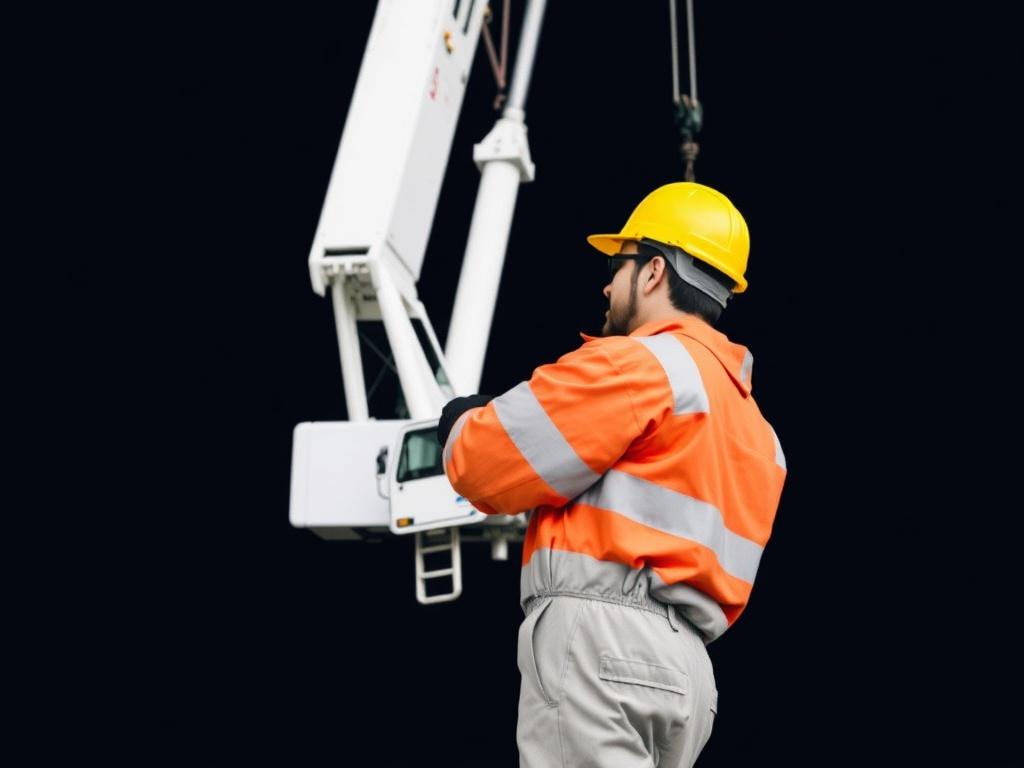
Beyond formal training and certification, a successful mobile crane operator embodies several personal traits and skills that make the job easier and safer. Here are some of them:
| Skill/Quality | Description |
|---|---|
| Attention to Detail | Ensuring loads are safely rigged, double-checking controls, and noticing environmental hazards. |
| Hand-Eye Coordination | Operating controls precisely to move loads exactly where needed. |
| Physical Stamina | Handling long shifts, climbing ladders, and working outdoors. |
| Problem-Solving | Adapting to unexpected obstacles or equipment issues on the spot. |
| Communication | Working with signalers, supervisors, and other team members to coordinate lifts. |
| Safety Awareness | Following OSHA regulations and best practices to prevent accidents. |
Common Types of Mobile Cranes You’ll Need to Know
As a mobile crane operator, you might work with various crane types, each with its own operations and controls. Familiarizing yourself with these types will prepare you for diverse job sites. Here is a quick overview:
- Truck-Mounted Cranes: These cranes are mounted on commercial trucks and offer high mobility for short distances.
- Crawler Cranes: Equipped with tracks rather than wheels, crawlers are stable on soft or rough terrain.
- Rough Terrain Cranes: Designed specifically for off-road and uneven ground, combining mobility and lifting capacity.
- All-Terrain Cranes: Versatile cranes that can travel both on roads and rough sites, combining the features of truck-mounted and crawler cranes.
- Loader Cranes: Mounted on trailers or trucks, typically smaller and used for light lifting tasks.
Safety Tips Every Mobile Crane Operator Must Follow
Safety is paramount in crane operation. Even the smallest mistake can have devastating consequences. Here are some fundamental safety tips to keep in mind:
- Always perform a thorough pre-operation inspection of the crane.
- Never exceed the crane’s load capacity—understand and respect load charts.
- Ensure communication devices like radios or hand signals are clear and understood.
- Be aware of power lines and maintain safe distances.
- Use proper rigging techniques and check slings and hooks before lifting.
- Follow all OSHA and industry safety regulations strictly.
- Report any equipment malfunctions immediately and do not operate damaged cranes.
Career Outlook: What to Expect as a Certified Mobile Crane Operator
Becoming a certified mobile crane operator not only provides job security but also comes with great earning potential and opportunities to work across many industries such as construction, shipping, oil and gas, and manufacturing. According to labor statistics, crane operators enjoy steady demand, with job growth expected to keep pace with infrastructure projects and industrial expansion.
The salary for certified mobile crane operators varies depending on location, experience, and the employer but typically ranges between $45,000 to over $90,000 per year. Specialized roles or those with additional certifications may earn even more.
Additional Certifications and Career Advancement
The NCCCO offers several endorsements and certifications, including certification for different crane types and specialized tasks like signalperson or rigging certification. Acquiring additional credentials can make you more versatile and increase your employability.
Some crane operators also move into supervisory roles, safety inspection, or training positions as they gain experience. Continuous learning and professional development are key to career growth in this field.
Conclusion
Becoming a certified mobile crane operator is a rewarding career choice that requires dedication, skill, and a commitment to safety. By meeting the basic requirements, undergoing thorough training, accumulating valuable hands-on experience, and successfully passing the certification exam, you can join the ranks of skilled operators who play a vital role in construction and industrial projects worldwide. Remember that safety and continuous education are ongoing priorities. With patience and perseverance, you’ll not only master the art of crane operation but also open the door to a stable and fulfilling profession with strong growth potential.

